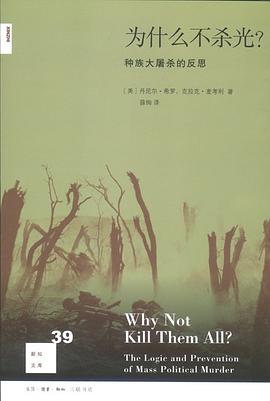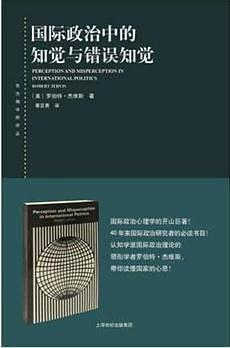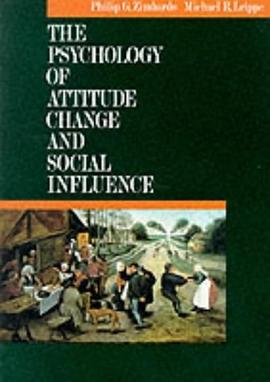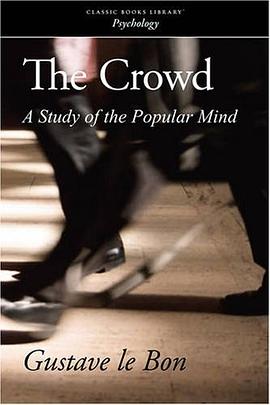

具體描述
著者簡介
Dr. Ernest Becker (September 27, 1924, Massachusetts - March 6, 1974, Vancouver, British Columbia) was a cultural anthropologist and interdisciplinary scientific thinker and writer.
Becker was born in Springfield, Massachusetts to Jewish immigrant parents. After completing military service, in which he served in the infantry and helped to liberate a Nazi concentration camp, he attended Syracuse University in New York. Upon graduation he joined the US Embassy in Paris as an administrative officer. In his early 30s, he returned to Syracuse University to pursue graduate studies in cultural anthropology. He completed his Ph.D. in 1960. The first of his nine books, Zen, A Rational Critique (1961) was based on his doctoral dissertation. After Syracuse, he became a professor at Simon Fraser University in Vancouver, BC (Canada).
Becker came to the recognition that psychological inquiry inevitably comes to a dead end beyond which belief systems must be invoked to satisfy the human psyche. The reach of such a perspective consequently encompasses science and religion, even to what Sam Keen suggests is Becker's greatest achievement, the creation of the "science of evil." In formulating his theories Becker drew on the work of Soren Kierkegaard, Sigmund Freud, Wilhelm Reich, Norman O. Brown, Erich Fromm, and especially Otto Rank. Becker came to believe that a person's character is essentially formed around the process of denying his own mortality, that this denial is necessary for the person to function in the world, and that this character-armor prevents genuine self-knowledge. Much of the evil in the world, he believed, was a consequence of this need to deny death.
Because of his breadth of vision and avoidance of social science specialization, Becker was an academic outcast in the last decade of his life. It was only with the award of the Pulitzer Prize in 1974 for his 1973 book, The Denial of Death (two months after his own death from cancer at the age of 49) that he gained wider recognition. Escape From Evil (1975) was intended as a significant extension of the line of reasoning begun in Denial of Death, developing the social and cultural implications of the concepts explored in the earlier book. Although the manuscript's second half was left unfinished at the time of his death, it was completed from what manuscript existed as well as from notes on the unfinished chapter.
The Ernest Becker Foundation [1] is devoted to multidisciplinary inquiries into human behavior, with a particular focus on contributing to the reduction of violence in human society, using Becker's basic ideas to support research and application at the interfaces of science, the humanities, social action and religion.
Some of the above information is from the EBF website and used by permission.
Becker also wrote The Birth and Death of Meaning which gets its title from the concept of man moving away from the simple minded ape into a world of symbols and illusions, and then deconstructing those illusions through his own evolving intellect.
Flight From Death (2006) is a documentary film directed by Patrick Shen, based on Becker's work, and partially funded by the Ernest Becker Foundation
圖書目錄
讀後感
这是一部伟大深邃却又鲜有人评论的著作,所围绕的主题是我们既熟悉又陌生的话题:死亡。说其熟悉,因为我们几乎每天都在听到有关死亡的讯息,汶川大地震、玉树大地震、舟曲特大泥石流、以及这两天的港人在菲律宾的无端横祸,这些都给我们带来了冲击。说其陌生,因为死亡具有...
評分看到吴思老师推荐找来看的书。吴思说这本书看完,不需要再看别的心理学书了,我理解对非心理学专业的人来说,足足够了。理性悲观派的书,与以前看的理性乐观派的《无穷的开始》互相补充。我有些没看太懂,有些不认同,有些非常认同,沉淀一段时间可能会有变化。 死亡恐惧和生之...
評分看到吴思老师推荐找来看的书。吴思说这本书看完,不需要再看别的心理学书了,我理解对非心理学专业的人来说,足足够了。理性悲观派的书,与以前看的理性乐观派的《无穷的开始》互相补充。我有些没看太懂,有些不认同,有些非常认同,沉淀一段时间可能会有变化。 死亡恐惧和生之...
用戶評價
看不下去,隔。
评分在校時有反復讀,對我來說是很重要的一個文本
评分:無
评分頭腦清醒的人能擺脫那些異想天開的“思想”,能直麵生活,認識生活中的一切都是成問題的,並感到自己的失落。生活就是感覺自己的失落,這是淺顯的真理。接受這一真理的人開始發現他自己,開始站在堅實的大地上。沒有真正感到自身之失落的人不會得到解脫,那就是說:他絕不可能找到他自己,絕不可能麵對他自己的現實。
评分道理橫鋪麵大,觀點也立體深刻,就是讀起來比較吃力,消化比較緩慢。這種書可能都是這樣吧,需要花個半年時間慢慢啃食,隔幾年重新讀又會有新的營養。
相關圖書
本站所有內容均為互聯網搜索引擎提供的公開搜索信息,本站不存儲任何數據與內容,任何內容與數據均與本站無關,如有需要請聯繫相關搜索引擎包括但不限於百度,google,bing,sogou 等
© 2025 book.quotespace.org All Rights Reserved. 小美書屋 版权所有




















